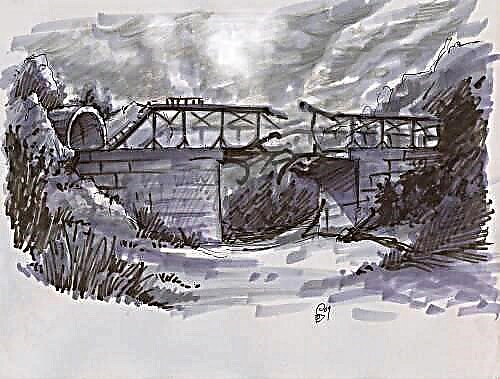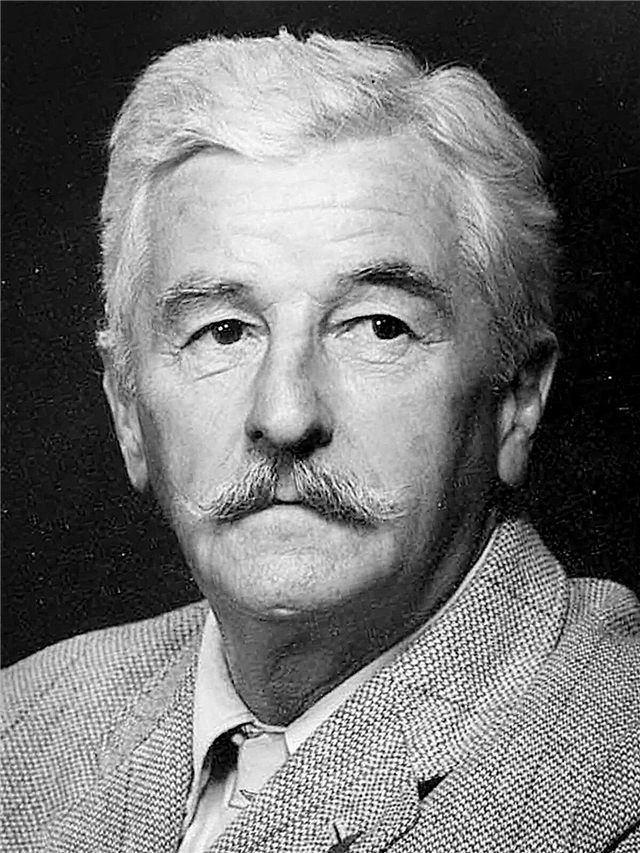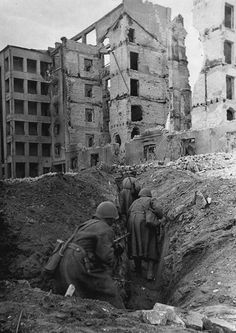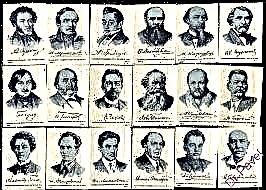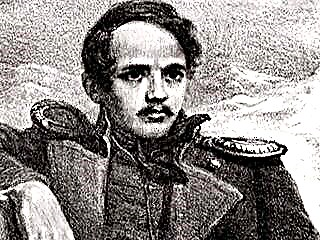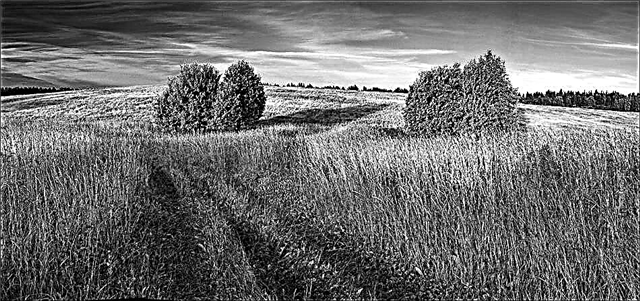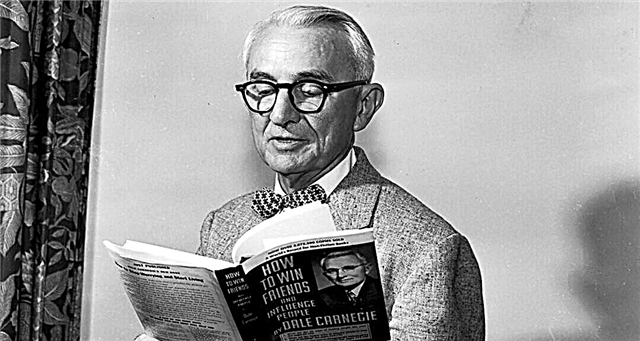The story of Anton Pavlovich Chekhov "Student" was published in the "Russian Gazette" in 1894. Like many works of the writer, "Student" addresses the acute and relevant at all times questions of the meaning of life and the connection of time. The story was a new round in the writer's work, which was noted by many critics. According to Paul Buyer, Chekhov, like no other, was able to express "Russian sadness woven from longing, pride, fatalism and fatigue." For Anton Pavlovich himself, the “Student” became a favorite story.
Short retelling (219 words). The student of the Theological Academy, Ivan Velikopolsky, returns in the evening with a thrust home. A cold east wind blows, and Ivan freezes, he thinks that such cold weather occurred both under Rurik and under Peter. Passing by the widow gardens, the student looks at the fire to the widow Vasilisa and her daughter, and begins a conversation.
Ivan tells the widow how in the same cold night the Apostle Peter warmed himself around the fire. Further, he reminds her of how, at the Last Supper, Peter swore allegiance to Jesus, and he said that even before the cry of the rooster, Peter would renounce him three times. And so it happened. And then Peter woke up and cried for a long, long time in the dark garden.
After listening to the student’s story, Vasilisa wept bitterly, and her daughter sat motionless with an expression of pent-up severe pain. Ivan wished the women good night and went on.
The student walked and thought that if Vasilisa burst into tears, then what Peter experienced was close to her, which means she was interested in what was happening in the soul of the apostle. He also thought about the connection that what happened 12 centuries ago has with the present, what does this have to do with all people and with these women.
Joy suddenly swept Ivan. The past is connected with the present inextricable chain. Today he touched one of its ends, and the other wavered. He thought that the beauty and truth that guided man then, in the past, continued uninterruptedly to the present day, and life seemed delightful to him.
Feedback (77 words). The state of mind of a young student, relevant for modern young people, is amazingly accurately conveyed. The story allows you to quickly penetrate the easy and romantic disappointment from an ignorant and dreary life. Towards the end of the story, the reader’s thoughts, along with the hero’s thoughts, become clearer; there is a place in them for hope for happiness and gaining one’s place in life. Chekhov in a concise work touches on the deep moral problems of the generation, combining them with the lyrical mood of the young character. In my opinion, the story makes a positive impression, leaving a slight aftertaste of light sadness.

